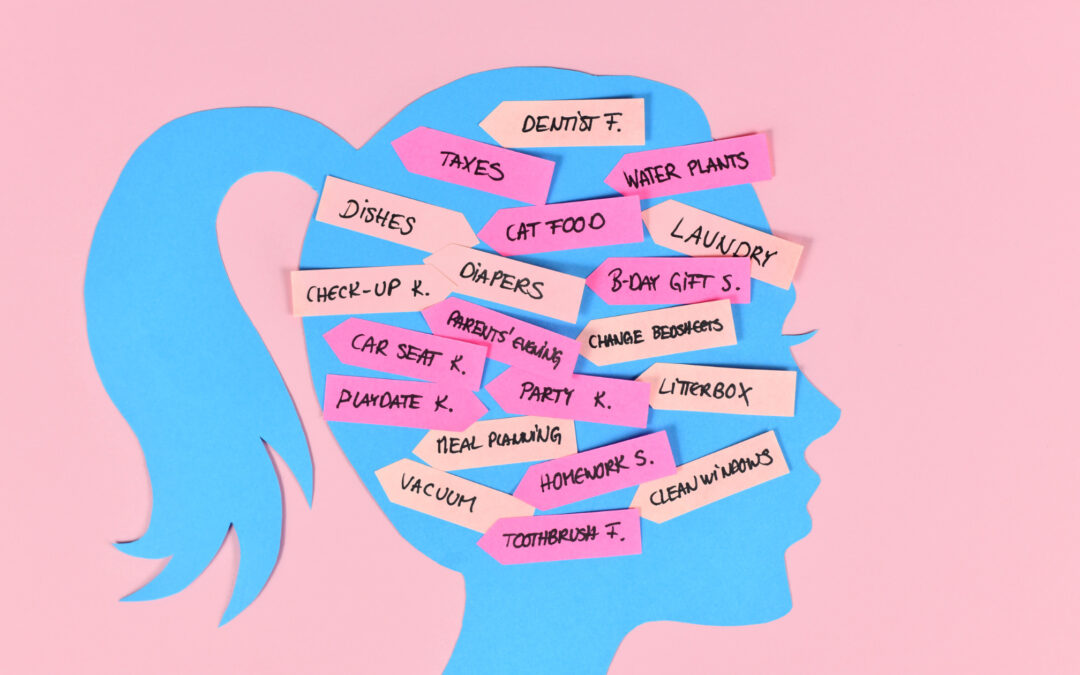Balancing responsibilities in a partnership is essential for a harmonious family life. In this insightful exploration, we’ll delve into the significance of sharing the mental load with your partner, fostering a supportive and equitable dynamic within your relationship.
Understanding the Mental Load:
1. Defining the Mental Load
Start by elucidating what the “mental load” encompasses. It refers to the invisible, mental work involved in managing tasks, making decisions, and organizing responsibilities, often shouldered primarily by one partner.
2. Recognizing Its Impact
Acknowledge the profound influence the mental load can have on an individual’s well-being and the overall health of the relationship. It can lead to stress, burnout, and a sense of imbalance if not addressed.
The Benefits of Shared Responsibility
3. Equitable Partnership
Discuss the importance of an equitable partnership where both partners actively engage in the mental and emotional aspects of managing household and family responsibilities.
4. Strengthening the Bond
Examine how splitting the mental load fosters a deeper sense of connection and understanding between partners. It demonstrates a commitment to shared goals and mutual support.
Practical Strategies for Splitting the Mental Load
5. Open Communication
Encourage open and honest communication about responsibilities, expectations, and preferences. Establishing clear lines of communication is fundamental to effective collaboration.
6. Delegating and Sharing Tasks
Discuss the distribution of specific tasks and responsibilities. Consider each partner’s strengths, interests, and availability in determining who will manage various aspects of household and family life.
7. Planning and Organization
Explore strategies for effective planning and organization. This could involve creating shared calendars, to-do lists, or utilizing digital tools for task management.
8. Regular Check-Ins
Schedule regular check-in sessions to review responsibilities, assess any adjustments needed, and ensure both partners feel supported and valued in their contributions.
Embracing Flexibility and Adaptability
9. Acknowledging Changing Circumstances
Recognize that circumstances and needs may evolve over time. Remain open to adapting your approach to the distribution of the mental load as life circumstances change.
10. Valuing Each Other’s Contributions
Express appreciation for your partner’s efforts and contributions. Acknowledging and valuing each other’s work fosters a culture of gratitude and mutual respect.
Conclusion
Sharing the mental load is a powerful act of love and partnership. By recognizing its importance and implementing practical strategies, you’re actively nurturing a relationship built on mutual support, understanding, and shared responsibility.
Remember, the journey towards an equitable partnership is a collaborative one. Trust in your ability to navigate this path together, creating a foundation of strength and harmony in your relationship.

